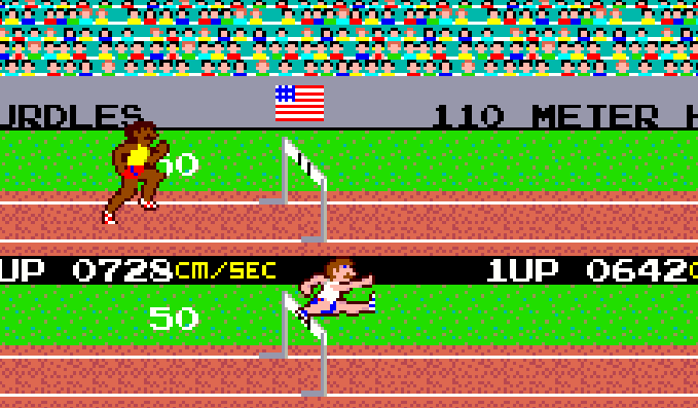Fast (Approximated) Moving Average Computation

Computing the Moving Average of a sequence is a common task in games (and other applications). The motivation is simple: if something happened too far in the past, probably it does not matter anymore.
One of the main problems with the standard average is that it “slows” over time. This can be a serious problem. Suppose that you are designing a game in which your player have to quickly press a button to keep a value (e.g., player speed) above a certain average. If you use the global average, after a certain amount of time, your player can stop pressing the button and still keep the average above the threshold.
The demonstration of this is quite intuitive. If you have an average a(t) at frame t and the player will not press anything in the current frame, the average at frame t+1 will be
This factor depends on the elapsed time and becomes “almost 1” very quickly. You don’t want that. You want to keep your player on the narrow land between “boredom” and “frustration”. You cannot give to your player the possibility to win without doing nothing for 30 seconds.
The solution to this problem is simple. Use a Moving Average. The player will have to push the button faster than the threshold, but the average is computed only using the data from the last 5 second (or any other time window you want).
